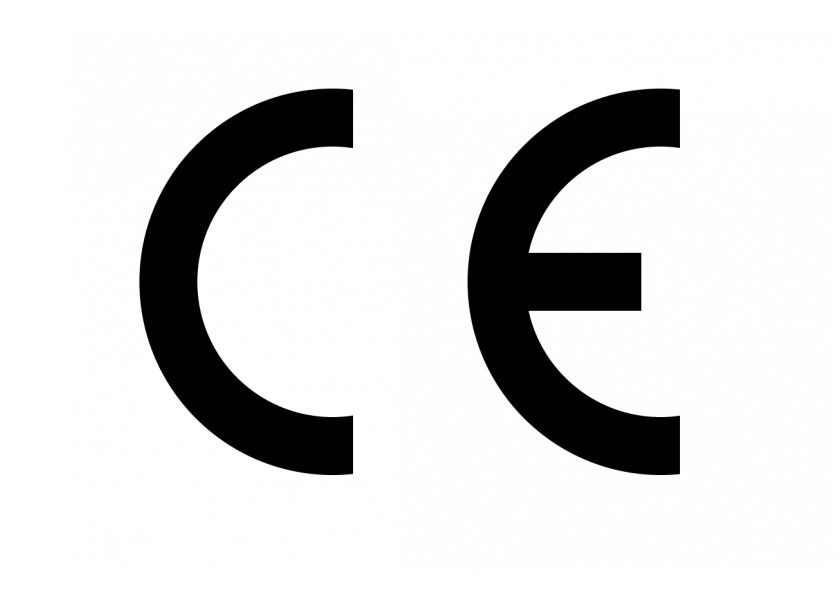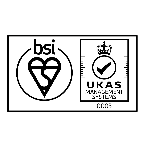
A welcome extension for CE marks
Ross Moloney, CEO of Lifting Equipment Engineers Association (LEEA), welcomes the UK Government’s intention to indefinitely extend the use of CE marking for businesses beyond December 2024.
The progressive replacement of the ‘CE’ marking of products, indicating conformance with various design and manufacturing specifications with ‘UKCA’ marks, has been one of the more complicated consequences of BREXIT for the Lifting Industry. Over the past couple of years, LEEA has been actively engaged in raising issues concerning UKCA marking and the difficulties it presents to the Lifting Industry in discussions with UK government.
We are, therefore, pleased to see that following extensive engagement with industry, the Department for Business and Trade (DBT) announced on the 2nd August 2023 its intention to indefinitely extend the use of CE marking for businesses beyond December 2024, applying to 18 regulations owned by DBT. Further information is available at gov.uk by clicking here.
This means that British firms will be able to continue the use of CE marking alongside UKCA. We believe that this sensible approach being adopted will allow businesses in the Lifting Industry to adjust and prevents a ‘cliff-edge moment’ in December 2024, when UKCA was set for entry.
LEEA had raised industry concerns around UKCA markings, which needed to be ‘clearly visible, legible and indelible’ on every relevant piece of ‘machinery’. Applied to our world, ‘machinery’ also includes such things as ropes, chains, shackles and other accessories. Legislation, as in this case, tends to be written with complex mechanisms, rather than ancillary equipment, in mind, and this is the core of the issue we presented to the UK Government.
For some cast and forged products it was proving impracticable, and sometimes impossible, to apply the marking directly on the product. Also, our international sector uses products from companies across the globe that may not perform UKCA marking. So we sought a similar concession to that given currently to other products where it is difficult to directly apply the CE mark.
We made the case that there are not only cost implications but, more importantly, safety implications. Indelible marking on items such as forgings or castings may be impracticable or even pose an active risk of introducing a starting point for a stress fracture or corrosion. Our more practical suggestion was UKCA conformance to be demonstrated in the ‘paperwork’, or its electronic equivalent, rather than on the actual item.
In a well-run organisation, documentation should be readily, and probably digitally, accessible to all those who need to know – and, indeed, without having to access the item itself, which may not be in a safely accessible location. That there are also potential benefits in terms of cost and competitiveness for our domestic suppliers and manufacturers is undeniable, but that is not our main objective in the case we put forward – our argument was about the safe and secure deployment and use of lifting equipment.
The extension granted by the UK Government on 2nd August will now provide businesses with flexibility and choice to use either the UKCA or CE approach to sell products in Great Britain.
It is hoped that this intervention will ensure businesses no longer face uncertainty over the regulations and can cut back on unnecessary costs freeing them up to focus on innovation and growth. We certainly hope this is good news for LEEA members and the general Lifting Industry.



